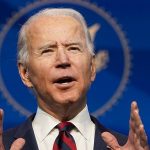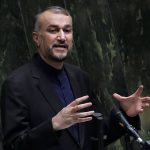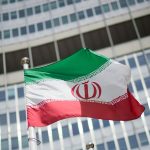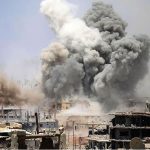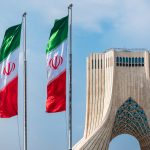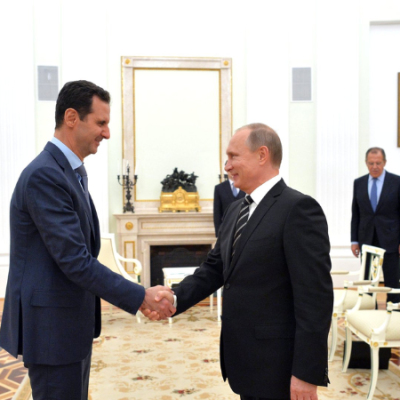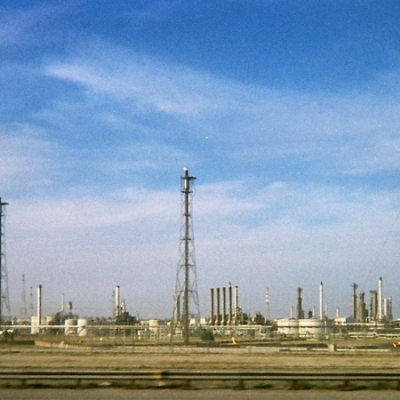Nuclear Talks : Iranians are “ skeptical and frustrated”
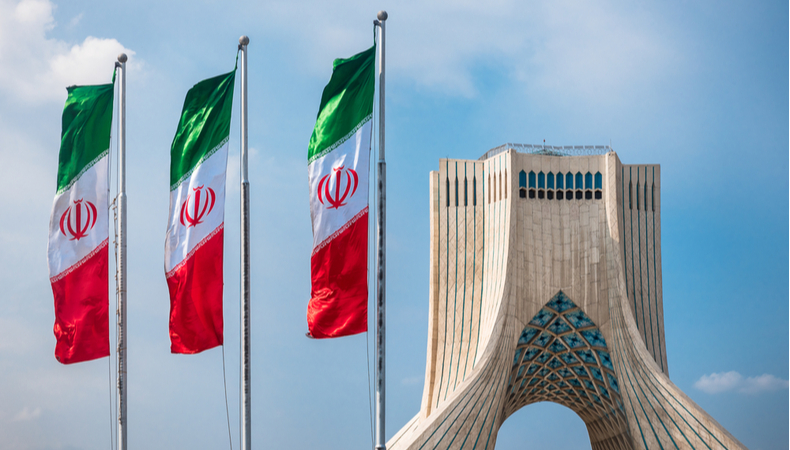
 Iran–Iranians are becoming more frustrated and skeptical as indirect discussions between Tehran and the US aimed at salvaging a historic nuclear deal are bogged down in delays and disagreements.
Iran–Iranians are becoming more frustrated and skeptical as indirect discussions between Tehran and the US aimed at salvaging a historic nuclear deal are bogged down in delays and disagreements.
The signing of the agreement between Iran and world powers in 2015 sparked euphoria across the Islamic nation. Many Iranians had anticipated that it would bring an end to years of crushing foreign sanctions.
However, as US President Donald Trump withdrew from the agreement in 2018, reimposing punishing sanctions that hurt the Iranian economy and caused the rial, Iran’s national currency, to plummet in value, hope gave way to rage. Tehran retaliated by steadily breaching the nuclear-activity restrictions established by the deal.
President Joe Biden stated shortly after taking office in January 2020 that he would open to rejoin the accord if Iran restored to full compliance. But, after the Islamic republic chose hardliner Ebrahim Raisi as president in June, talks between Tehran and international powers, which had begun in Vienna in April, were put on pause.
Related Posts
The discussions have been long and unsatisfactory since they started in late November following a five-month break, causing rising uncertainty and irritation among ordinary Iranians. “I believe the discussions will fail and the [economic] situation will worsen,” a lady in Tehran told RFE/Radio RL’s Farda, fearing retaliation from authorities.
Many Iranians are suffering as the 84 million-strong Middle Eastern country grapples with rising prices and worsening poverty. The rial’s fall versus the dollar has become a gauge of Iran’s ailing economy for many Iranians. “Every time the price of the US dollar rises, my body begins shivering because I know the costs of everything [goods] would rise,” a mother of two told RFE/RL from Tehran. “Under this [economic] strain, people are being crushed.”
“Obviously, I want the two sides to achieve an agreement in Vienna,” she said, “but I don’t have great hopes owing to our MPs’ [hard-line] position, who are busy saber-rattling.” “Before, they would blame Trump, but now that Trump is gone, it demonstrates that they are the issue.” Despite what European officials termed as a “disappointing halt,” the seventh round of negotiations in Vienna, which began in November, was deferred last week to allow Iranian negotiators to return home for discussions.
Following some confusion over when the negotiations would continue, EU ambassador Enrique Mora, who is managing the talks, said on December 23 that they will resume on December 27. The rial’s value plummeted due to the uncertainty surrounding the discussions. “They’ve been negotiating for years, then they come back [without making any progress], and now the value of the US currency is rising, making chicken more costly,” a guy in Tehran explained. “Both sides share responsibility.” Others point the fault at their own government.
According to reports, Iranian negotiators have reneged on several concessions made during the last six rounds of negotiations, which were held under former President Hassan Rohani. The previous leader, who was seen as a moderate, had accused his hardline opponents of impeding negotiations.
Another individual in Tehran stated, “[Hard-liners] used to say sanctions aren’t an issue.” “Now they say we have to talk [to get the sanctions lifted].” Why are they negotiating if the penalties aren’t a problem? Why did they strive to stop [the previous government] if the sanctions were problematic? It’s a game of politics.” Officials from the United States have cautioned that time is running out to resurrect the nuclear agreement, which limited Iran’s nuclear development in exchange for the removal of international sanctions.
Raisi has stated that his administration will work to have US sanctions lifted, but that the economy should not be based on “foreigners’ will.” Ordinary Iranians believe that failure at the negotiating table would cost them dearly. “People will be crushed,” a guy told Radio Farda in Tehran.
“Because of despondency, more and more people would try to flee,” a businesswoman in Isfahan’s principal city told RFE/RL. “While people have been bearing the consequences of sanctions and pressure, [Iran’s authorities] have been defending the nuclear program.”

